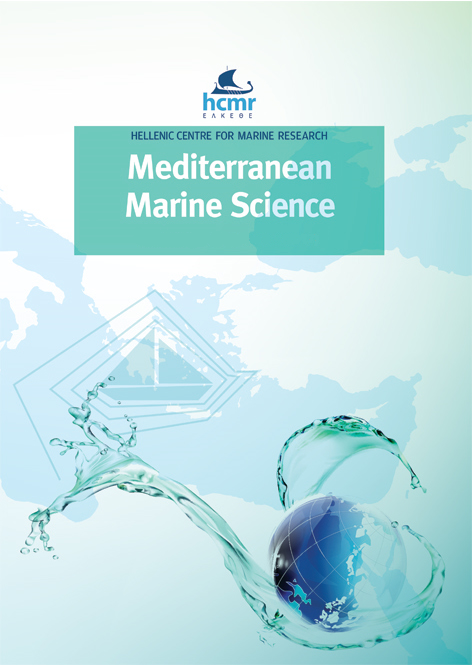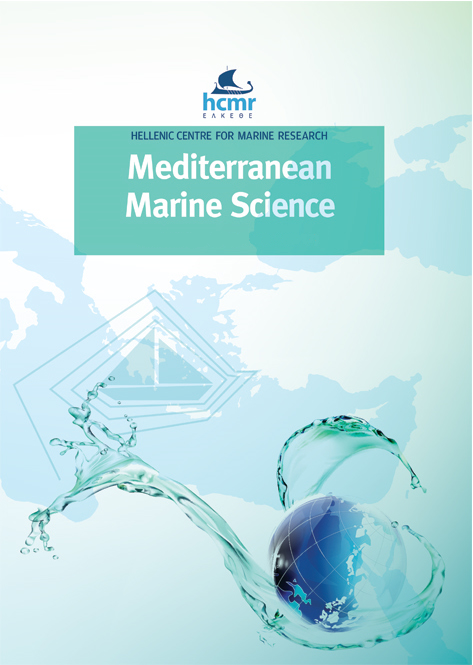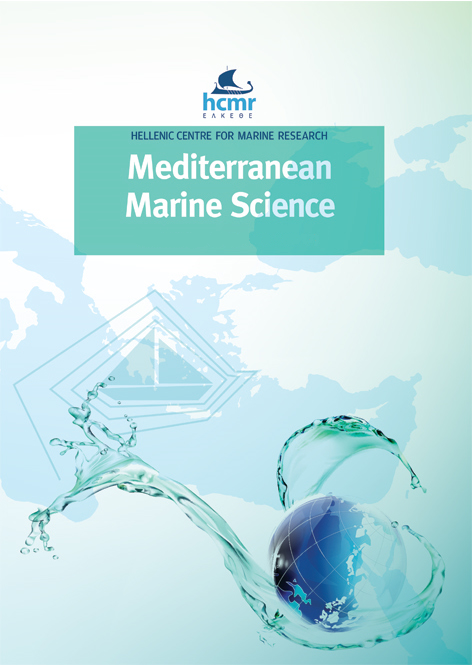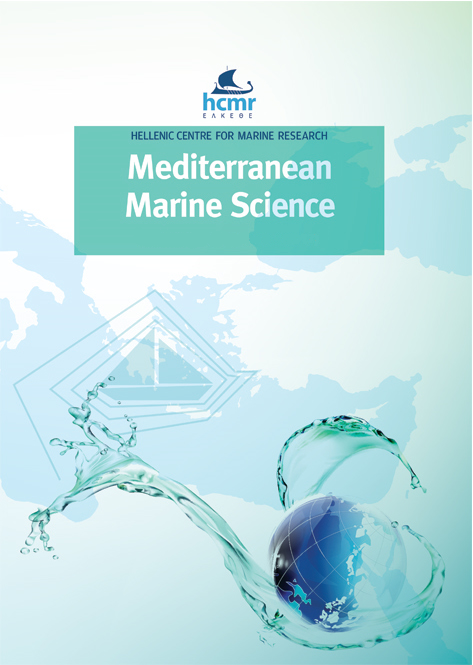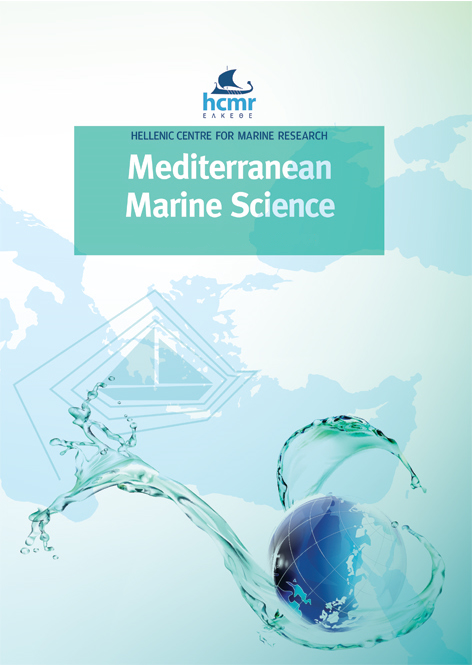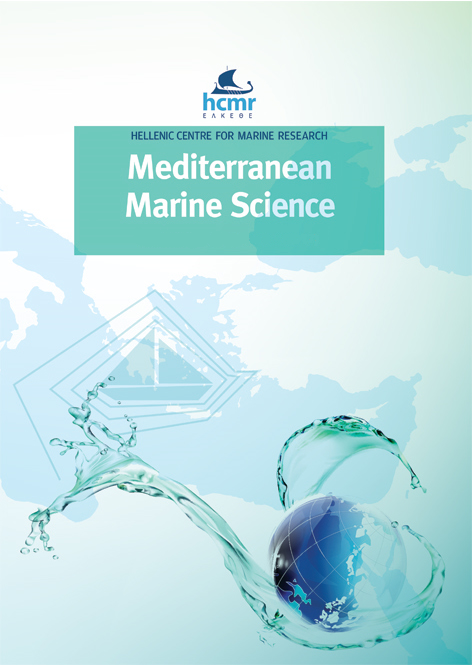The deep vault: a temporary refuge for temperate gorgonian forests facing marine heat waves
Περίληψη
Climate change poses a significant threat to coastal areas, marked by the increasing intensity and frequency of marine heat waves observed in various ecosystems around the world. Over the last 25 years, a vast number of Mediterranean populations of the red gorgonian Paramuricea clavata have been impacted by marine heatwaves. The last mass mortality occurred during the summer of 2022 in the Western Mediterranean Sea, affecting mostly shallow populations (down to 30 m depth). Here we provide an assessment of the health status of mesophotic P. clavata populations down to 90 m depth to investigate a depth refuge hypothesis. Results show that the impact of marine heat waves decreases with depth, with a significant drop in mortality below 40 m depth. These observations support the hypothesis of a depth refuge from marine heat waves that may allow, at least temporarily, the maintenance of P. clavata in the Western Mediterranean Sea. The present study strongly advocates for further investigations and monitoring of the mesophotic zone to chart potential areas that could serve as deep refuge for gorgonians.
Λεπτομέρειες άρθρου
- Πώς να δημιουργήσετε Αναφορές
-
BRAMANTI, L., MANEA, E., GIORDANO, B., ESTAQUE, T., BIANCHIMANI, O., RICHAUME, J., MÉRIGOT, B., SCHULL, Q., SARTORETTO, S., GARRABOU, J. G., & GUIZIEN, K. (2023). The deep vault: a temporary refuge for temperate gorgonian forests facing marine heat waves. Mediterranean Marine Science, 24(3), 601–609. https://doi.org/10.12681/mms.35564
- Ενότητα
- Short Communication
Authors who publish with this journal agree to the following terms:
- Authors retain copyright and grant the journal right of first publication with the work simultaneously licensed under a Creative Commons Attribution Non-Commercial License that allows others to share the work with an acknowledgement of the work's authorship and initial publication in this journal.
- Authors are able to enter into separate, additional contractual arrangements for the non-exclusive distribution of the journal's published version of the work (e.g. post it to an institutional repository or publish it in a book), with an acknowledgement of its initial publication in this journal.
- Authors are permitted and encouraged to post their work online (preferably in institutional repositories or on their website) prior to and during the submission process, as it can lead to productive exchanges, as well as earlier and greater citation of published work (See The Effect of Open Access).

